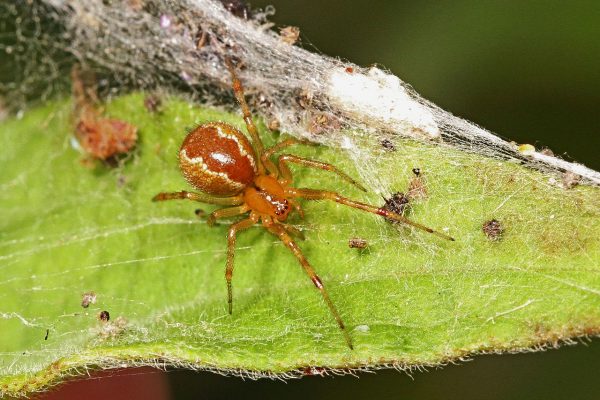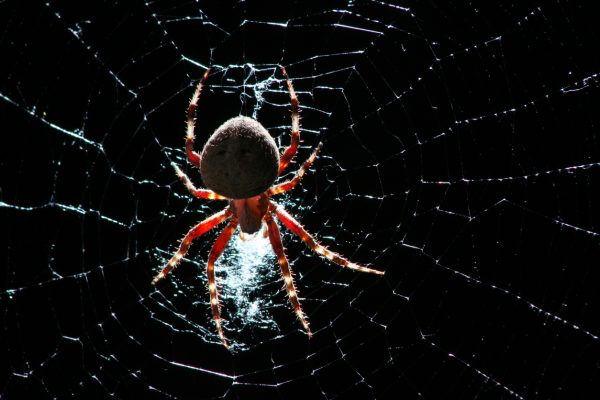Apparently Spiders Are Becoming Violent Because of Climate Change
Aggressive spiders. Scientists are spending a lot of time and money researching climate change. It’s hard to watch the news without seeing some new discovery or prediction about global warming. But recently, there has been a new development in the negative consequences of climate change – aggressive spiders.
One thing we’re learning about climate change is that we know much less than we thought we did. A lot of the findings are things we never could’ve predicted years ago. One of the newest findings is the impact climate change is having on spider colonies throughout both North and South America.
Climate change has caused us to have a more frequent and much more powerful tropical storms. Scientists refer to these as “black swan” events. These swan events are thought to be more ferocious than ever before.
Black swan events can have a significant impact on both evolution and natural selection, and, according to scientist Jonathan Pruitt at McMaster University, these ferocious tropical storms are affecting spiders.
Anelosimus Studiosus, commonly known as Communal Spider, is an aggressive breed of spiders that are growing more ferocious as a result of climate change. In North and South America, where there are cyclones coming off of the Atlantic Ocean, scientists are seeing more of these spider colonies.

These spiders spin webs that hang over lakes and rivers. The colonies seem to have two types of spiders. One group is placid and tolerant and behaves the same ways spiders always have. The other group are super vicious spiders that dominate the other group and eventually take over the colony.
These spiders are hyper-aggressive and becoming more so. There are a few reasons why scientists believe they are becoming that way. One theory is that it’s hereditary and the aggressive spiders pass this trait on to the next generation. Another theory is that, with the lack of food resources, the mother spider is spending so much time looking for food that she isn’t catering to or nurturing her babies. This is forcing the baby spiders to become more self-reliant. A part of this is the need to survive on their own, something that requires them to be aggressive.

What experts are learning is that the aggressive spiders can respond faster to both prey and predator. That means that they’re more likely to attack than other types of spiders. They even cannibalize their own eggs. So, when the mother spider lays eggs, her own colony are eating the eggs of less aggressive spiders and wiping the more tolerant spiders out. These spiders are even known to eat their own colony’s male spiders.
A study was conducted to look at the survival rate of spiders in areas with frequent and ferocious tropical storms as compared to spiders in areas unaffected by tropical storms. They found that the number of eggs in the storm areas was much higher than in the other areas. In addition, they found that 48 hours after the storms were over, there was a much higher survival rate among the more aggressive spiders.
Survival tactics and aggression seem to be passed down from parents to the next generation of spiders.
Another study, discussed in Inhabitat, conducted by Alexander Little of the University of California (Santa Barbara), confirmed heightened levels of aggression following weather events. For example, they used electric toothbrushes to disturb the spiders’ webs both before and after a hurricane. What they found was that the spiders were much more aggressive in response to the web vibrations after a hurricane than they were before. This shows that the severe weather events do indeed make these spiders more aggressive.
Another Article From Us: Found in Permafrost: 2,300-Year-Old Cabin Rebuilt
With climate change comes many natural effects. Scientists will continue to investigate how climate change impacts not only mammals and fish, but all creatures.





